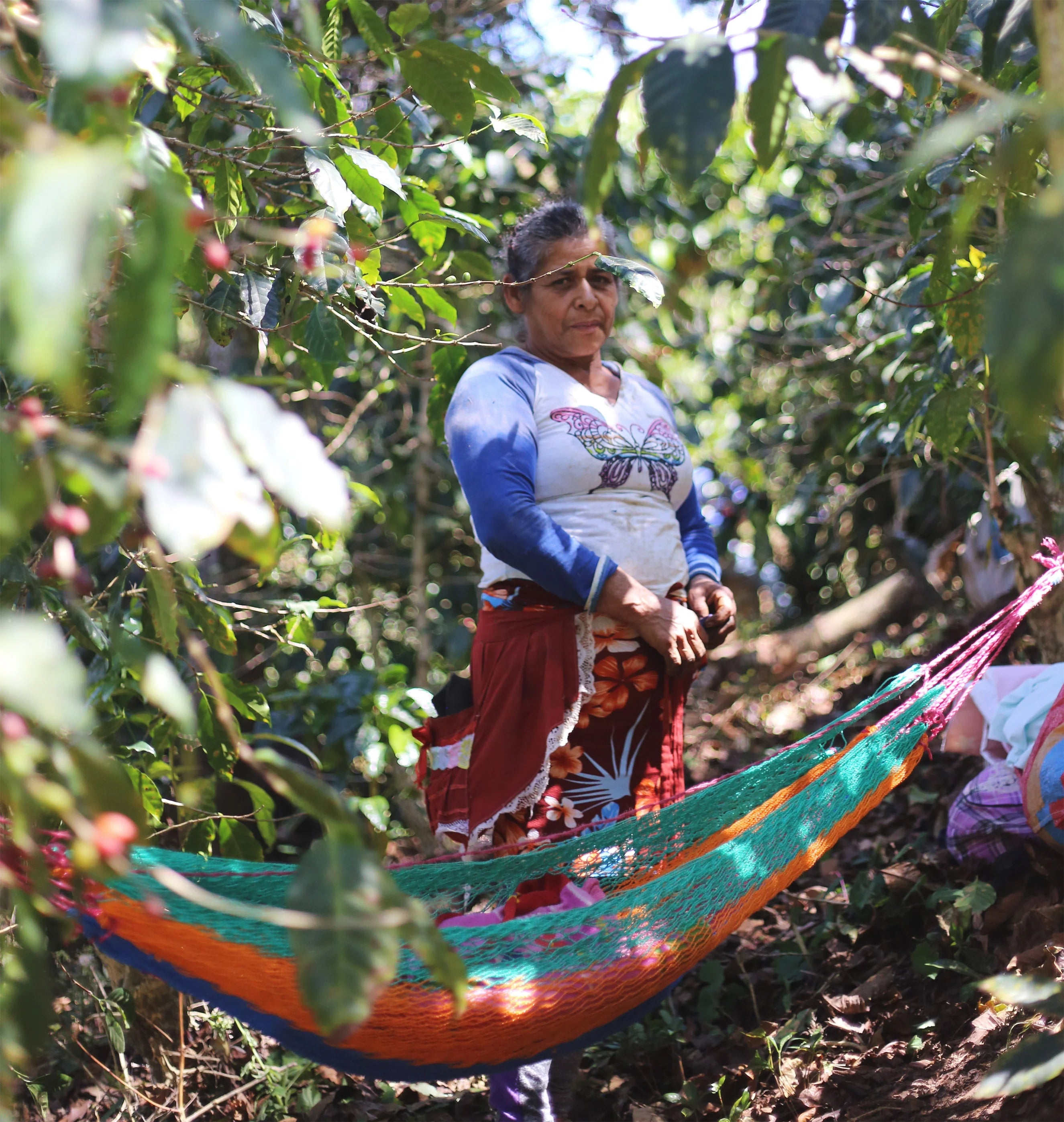Sascha Spittel (Co-Founder of Tres Cabezas Berlin Coffeeroaster) was traveling in El Salvador a few weeks ago. We sat down for a coffee and a chat.
Sascha, you've been regularly traveling Central and South America for coffee for over ten years. However, El Salvador was a first for you as well. What did you experience on your first trip?
I went there for the coffees, of course, and participated in the Best of El Salvador as a jury member.
Best of?
Yes. At this event, the best coffees of the country were tasted and awarded prizes. However, the event was not under the auspices of the Cup Of Excellence, as in previous years, but this time was hosted directly by the Consejo del Cafe de El Salvador.
Were there reasons for this?
There were reasons on the part of the Cup Of Excellence Association, because it decided internally to reduce itself to five growing countries this year. In this restructuring, the smaller coffee-growing countries such as El Salvador, Burundi, Nicaragua and Rwanda were dropped from the program. This caused controversy in the coffee world, as the larger growing countries of Brazil, Colombia, Costa Rica and Honduras will continue to be served by the Cup Of Excellence Association. So there will be Cup Of Excellence events there again this year. The reduction to the consolidated and large coffee growing countries is very controversial.
What was different in the process?
Nothing. As always, there was a preliminary round in which the national jury selected the best coffees on the tables and then the international jury, of which I was a member, came to select and evaluate the best coffees. At the end there was an award ceremony. I must also say that the execution of the event and also the whole organization was excellent. My friend Rony Gamez was the head judge, as he was the previous year in Rwanda, and again he guided us through the event professionally, in a good mood and with his very own enthusiasm.
How were the coffees on the tables?
The basic qualitative level was outstanding. Of the original 29 coffees that we cupped as an international jury, a full 26 made it to the final selection. That is a very high percentage. Also, the first 3 places were all coffees that were rated by us with over 90 points. For this, there were then also equal to so-called Presidential Awards. These are special additional awards for coffee farmers for outstanding coffee qualities.
What other impressions were you able to gather?
I have been a fan of coffee from El Salvador for a long time and have been trying to establish direct relationships with local farmers for some time now. For a long time I was finally able to visit my friend Jorge Raul Rivera and get to know his farm Santa Rosa in. Very impressive. Such a beautiful Pacamara farm in the middle of a pine forest. This is an unusual and therefore rare combination. The plants there thrive magnificently. In a very healthy environment. Jorge Raul's farm is in the Alotepec Metapán region and that's pretty much at the end of El Salvador and borders directly with Honduras. So you have one foot in El Salvador and the other in Honduras. It's a beautiful place. After the event I had the opportunity to meet the family of the winning farm. Together with our friend Thomas from Elbgold in Hamburg we spent the whole day on the farms of the brothers Gerardo and Carlos Mendez and in the Apaneca region. We were able to see for ourselves that they have earned this special coffee award with good reason. Environmentally friendly and organic farming principles are used: Natural shade plantings with native trees provide optimal conditions. Even in the current intense dry season, the coffee plantations looked vigorous and healthy. I am definitely looking forward to working with them.
It all sounds very good. What about the coffee rust?
The country is recovering very slowly from the deep damage caused by the coffee rust there in 2013. At that time, El Salvador was one of the hardest hit countries in the region. This devastating coffee plant disease and the low coffee prices brought many farmers to their knees. To this day, many plantations are no longer cultivated, because harvesting and selling is more expensive than simply letting the coffee plantations die. Farmers say that if you don't harvest, care for or cultivate your farm for a year, you set yourself and your farm back by three years. That can be seen and felt many times.
What's next for you?
Next week I'm flying to Honduras for the Cup of Excellence and meeting up again with Rony Gamez, among others, to look at a few farms and cup coffees. I'm excited and looking forward to it.
Have fun!



